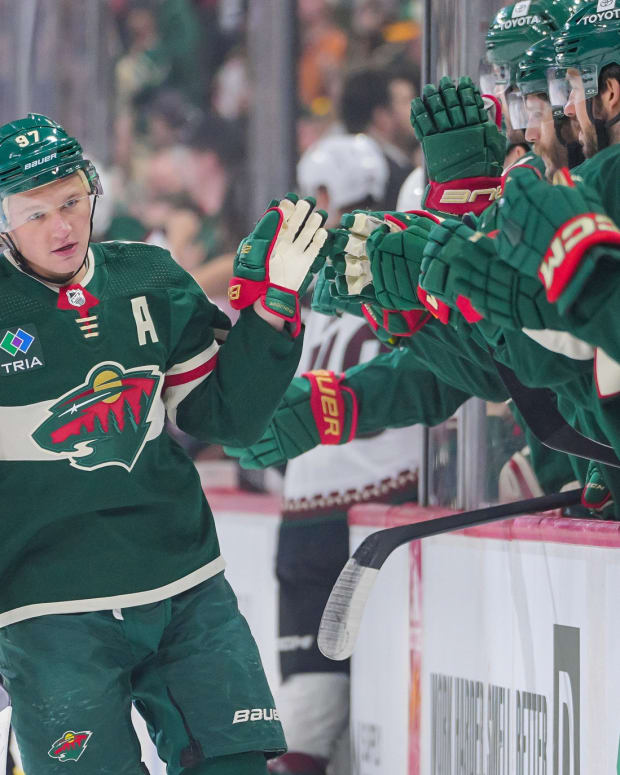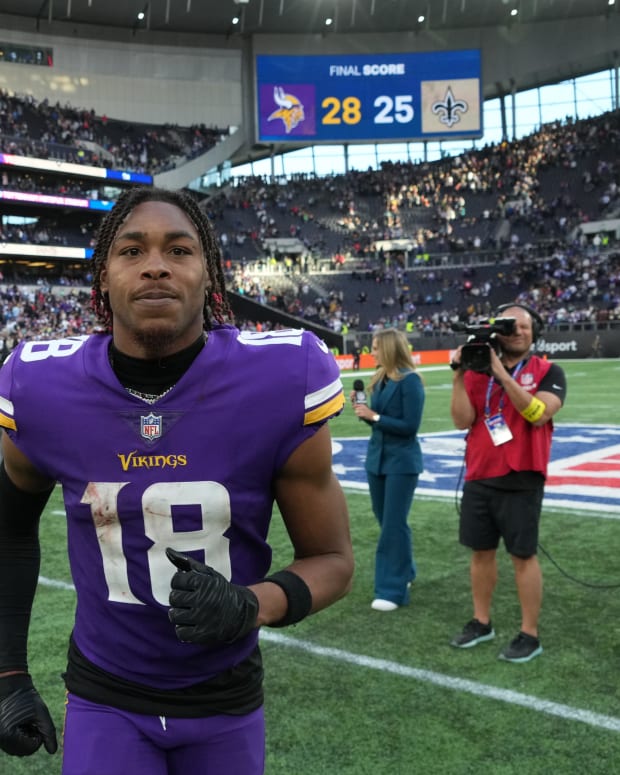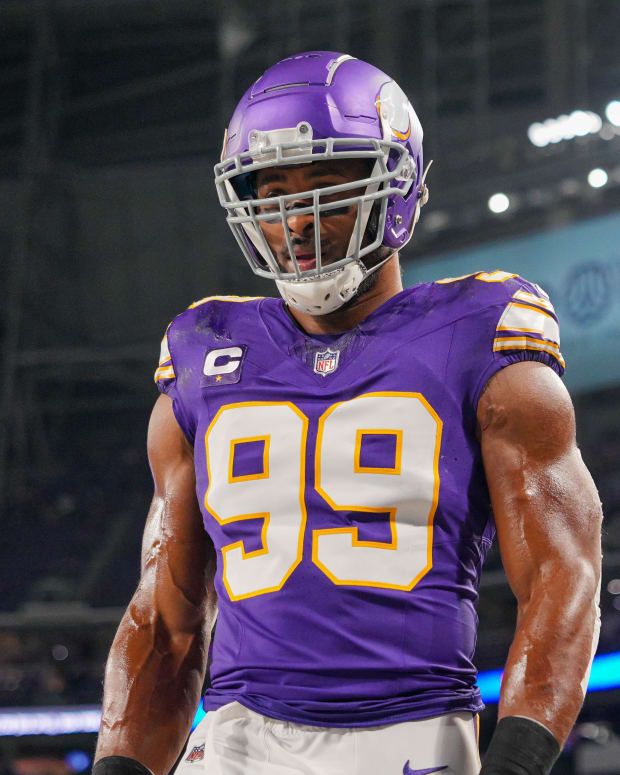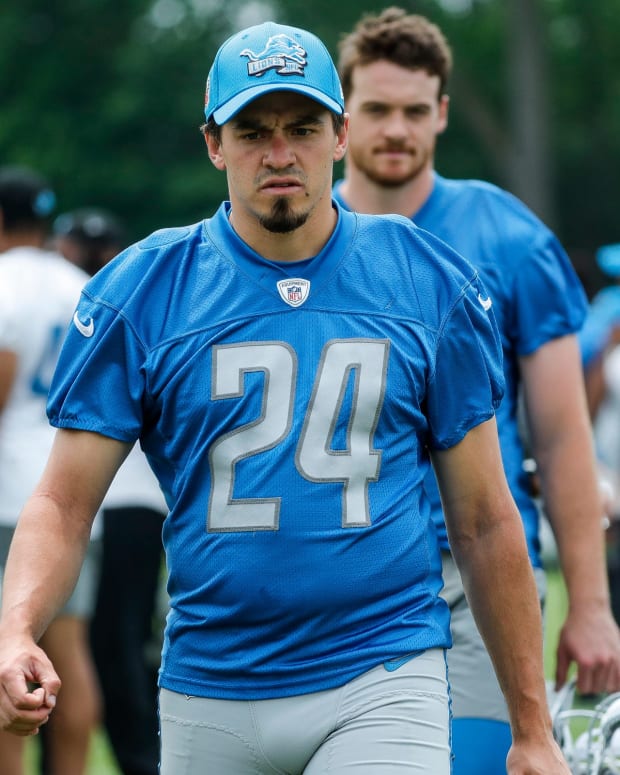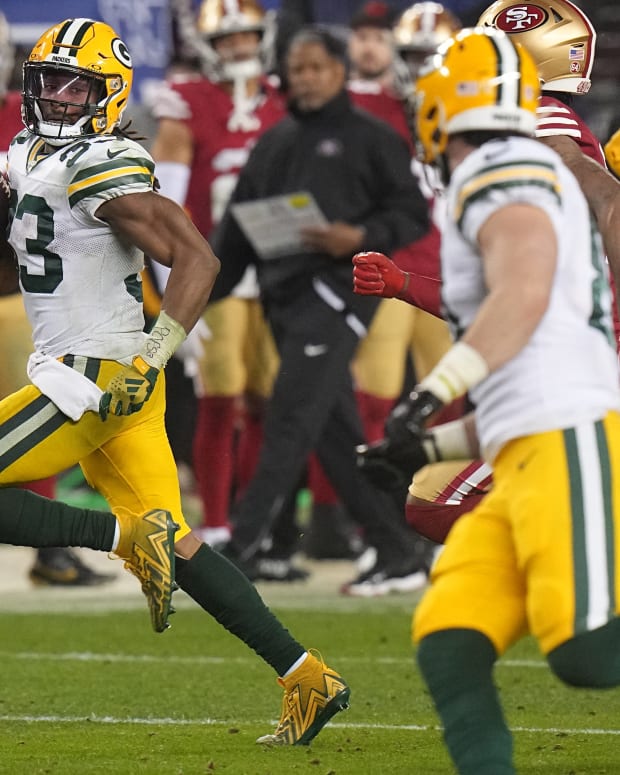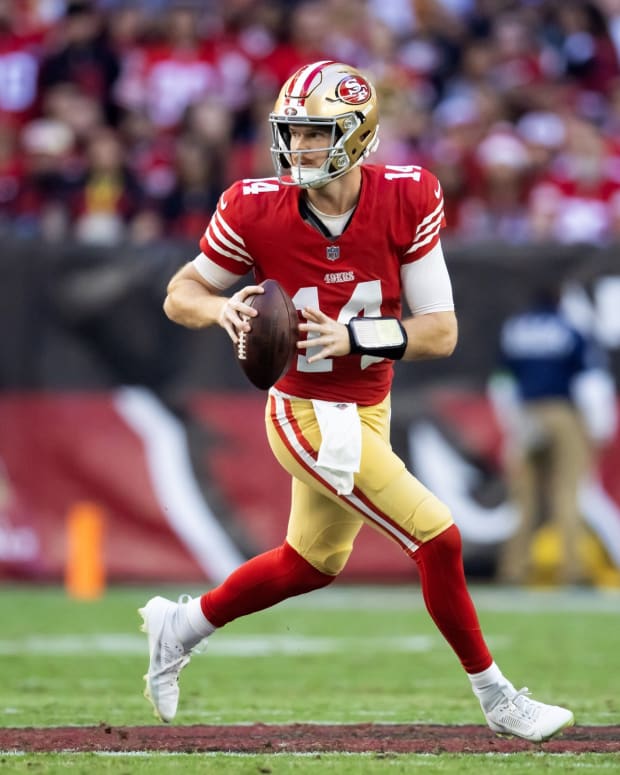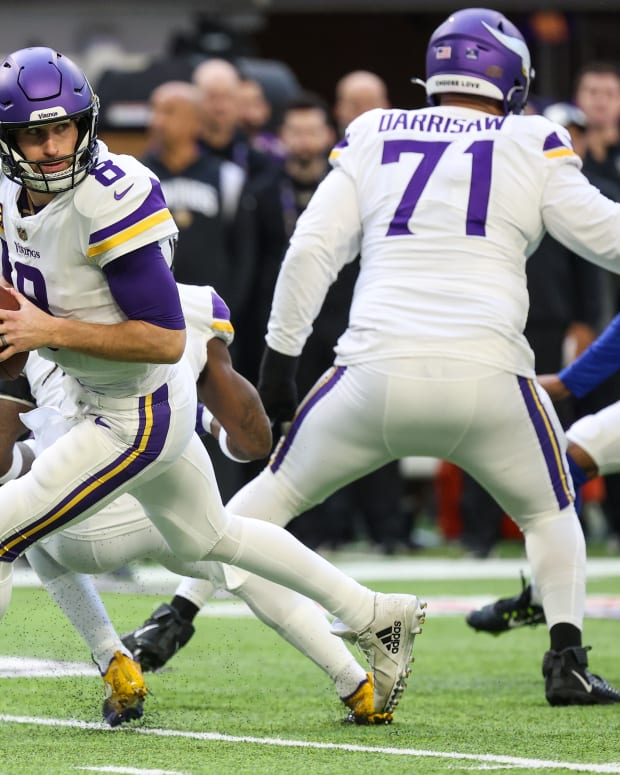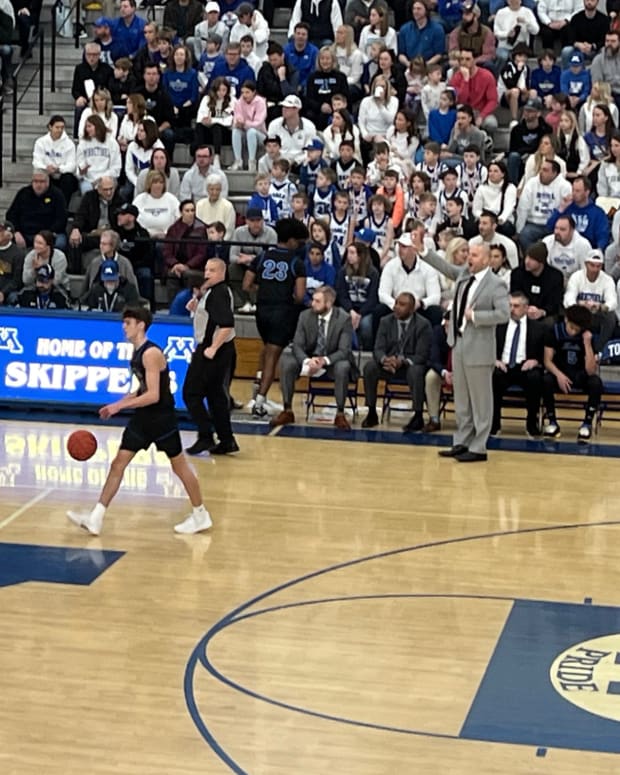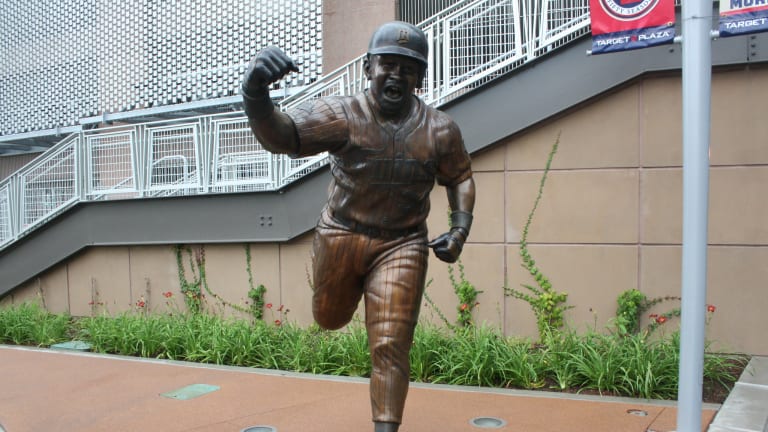
Ranking the 10 best players in Minnesota Twins history

The Minnesota Twins have had an interesting history since moving here from Washington in 1961. As a team that has had the high of winning two World Series to being on the verge of contraction, the Twins have had a major place in the state's history of professional sports.
Because of that, several greats have stepped on the diamond and become legends in a Twins uniform. Much like we did with the Timberwolves last week, I took at a stab at ranking the 10 best players in Twins history.
This is completely subjective and we'd love to hear who you think belongs in the top 10.
10. Torii Hunter
For a tenth entry on the list, this might get a little long, but my full fandom for the Twins began with Hunter's emergence. The Twins had just been threatened for contraction prior to the 2002 season and Hunter stepped to the forefront with an All-Star season that included robbing Barry Bonds in the Midsummer Classic.
Hunter's status as a fan favorite only grew from there, winning seven Gold Glove Awards and earning a pair of All-Star selections. As a defensive magician and a leader of the resurgence of the Twins franchise, he was one of the key pieces in a group that helped build Target Field.
9. Jim Kaat
Kaat was one of the top hurlers in Twins history, throwing for 3,014 innings and collecting 190 of 283 career wins in the process.
Kaat's work on the mound was good enough to be one of the best pitchers in history, but he's also one of the best fielding pitchers in the history of the game with 16 Gold Glove awards, including 11 in a Twins uniform.
He helped the Twins reach the World Series in 1965 and a year later he finished fifth in MVP voting after finishing 25-13 with a 2.75 ERA.
8. Bert Blyleven
Sticking to the theme of workhorse starters, we land on Blyleven. When it comes to Blyleven's win-loss record (287-250) and home runs allowed (430), it's almost hard to put him on the list, but it's what he brought to the Twins that put his number up at Target Field and into Cooperstown.
Blyleven threw 2,566.2 innings for the Twins and was effective overall with a 3.28 ERA and 2,035 strikeouts. Blyleven also was a part of the 1987 World Series championship team and has been entrenched as a mainstay on Twins television broadcasts.
A lot of pitchers haven't carved out that type of career and Blyleven has been one of the more crucial figures in Twins history.
7. Johan Santana
There have been plenty of aces in Twins history, but no one has been as dominant as Santana was during the 2000s. After breaking into the Twins' rotation during the 2003 season, Santana went 82-35 the next five seasons, collecting two (and should have been three) American League Cy Young awards.
Growing up on the Twins in the 2000s, it was a treat to head to the Metrodome to watch Santana pitch. With efforts like his 17-strikeout game against Texas in 2007, it's easy to see why.
6. Kent Hrbek
A native of Bloomington, Hrbek grew up in the shadows of Metropolitan Stadium. While that piece of land is now home to the Mall of America, it was also what inspired Hrbek's love for the game and a stellar career for his hometown team.
Hrbek only made one All-Star team but was more known for his iconic moments for the Twins. His grand slam in Game 6 of the 1987 World Series helped lead Minnesota to its first World Series title and his athletic, sweeping tag of Ron Gant in the 1991 World Series also helped win his way into Twins' fans hearts.
5. Tony Oliva
Oliva was the first homegrown player to star for the Twins and started his career off with a bang as the 1964 American League Rookie of the Year where he won the batting title at .323 and added 32 home runs and 94 RBI.
That season kicked off a string of consistency for Oliva, garnering MVP votes each year from 1964 to 1971 including two runner-up finishes. With a .304 average and 220 home runs, it's a great question as to why "Tony O" is not in the Hall of Fame.
4. Joe Mauer
While Hrbek was the first local product to star for the Twins, Mauer would take it to a new level nearly 20 years later. As the face of the franchise in the 2000s, Mauer was the most popular Twin since Kirby Puckett, but there was more to his game.
Mauer was the first catcher to win the American League batting title and tripled down with titles in 2006, 2008 and 2009. The last of those titles came as part of an MVP season where Mauer hit .365 with 28 home runs and 96 RBI.
Many will remember Mauer for the sudden lack of power after signing a massive contract, but perhaps he deserves more credit. For instance, Tony Gwynn is a god in San Diego, but never hit more than 17 home runs in a season. Mauer was the same caliber and deserves to be in this discussion.
3. Rod Carew
While Harmon Killebrew is the best power hitter in Twins history, Carew might have been the best all-around hitter. The second baseman won seven batting titles in a Twins uniform and collected a .328 batting average in Minnesota, but nothing compares to his 1977 season.
That year, Carew flirted with a .400 batting average, but ultimately settled for hitting .388 with 14 home runs, 100 RBI and 239 hits, earning him the AL MVP award.
Carew was ultimately traded to the California Angels, but a bulk of his greatness came in Minnesota. With an uncanny ability to collect hits, Carew is definitely the greatest second baseman of all-time and is one of the greatest hitters in the history of the game.
2. Harmon Killebrew
As one of the players that came over in the move from Washington, Killebrew was the first noticeable player in Twins history. With a bat that crushed 559 of his 573 career home runs in a Twins uniform, Killebrew was an intimidating presence in the middle of the Minnesota lineup.
That power was put on display at Metropolitan Stadium where a Killebrew blast in 1967 traveled 522 feet. The bomb was so majestic, the stadium crew painted its landing spot bright orange, not only as a nod to "Killer" but probably to point out to opposing pitchers what he was capable of.
Killebrew was part of the 1965 American League Championship series, the 1969 American League MVP and was a key mentor for many of the players that came after him. His No. 3 was the first number retired by the Twins and as a Hall of Famer, he deserves to be high on this list.
1. Kirby Puckett
The toss-up between Killebrew and Puckett could be a generational thing. If you watched Killebrew mash bombs at Metropolitan Stadium, it's completely understandable if he's No. 1 on your list.
But Puckett's legacy was defined by a pair of World Series titles and his Game 6 performance in the 1991 fall classic. With a leaping grab and a walk-off home run that's one of the biggest moments in baseball history, Puckett was the Twins' star throughout the late 80s and 90s.
The classic moments came along with 10 All-Star selections, six Gold Glove awards and the 1989 American League batting title (.339). He would've posted even better numbers if it weren't for early retirement.

